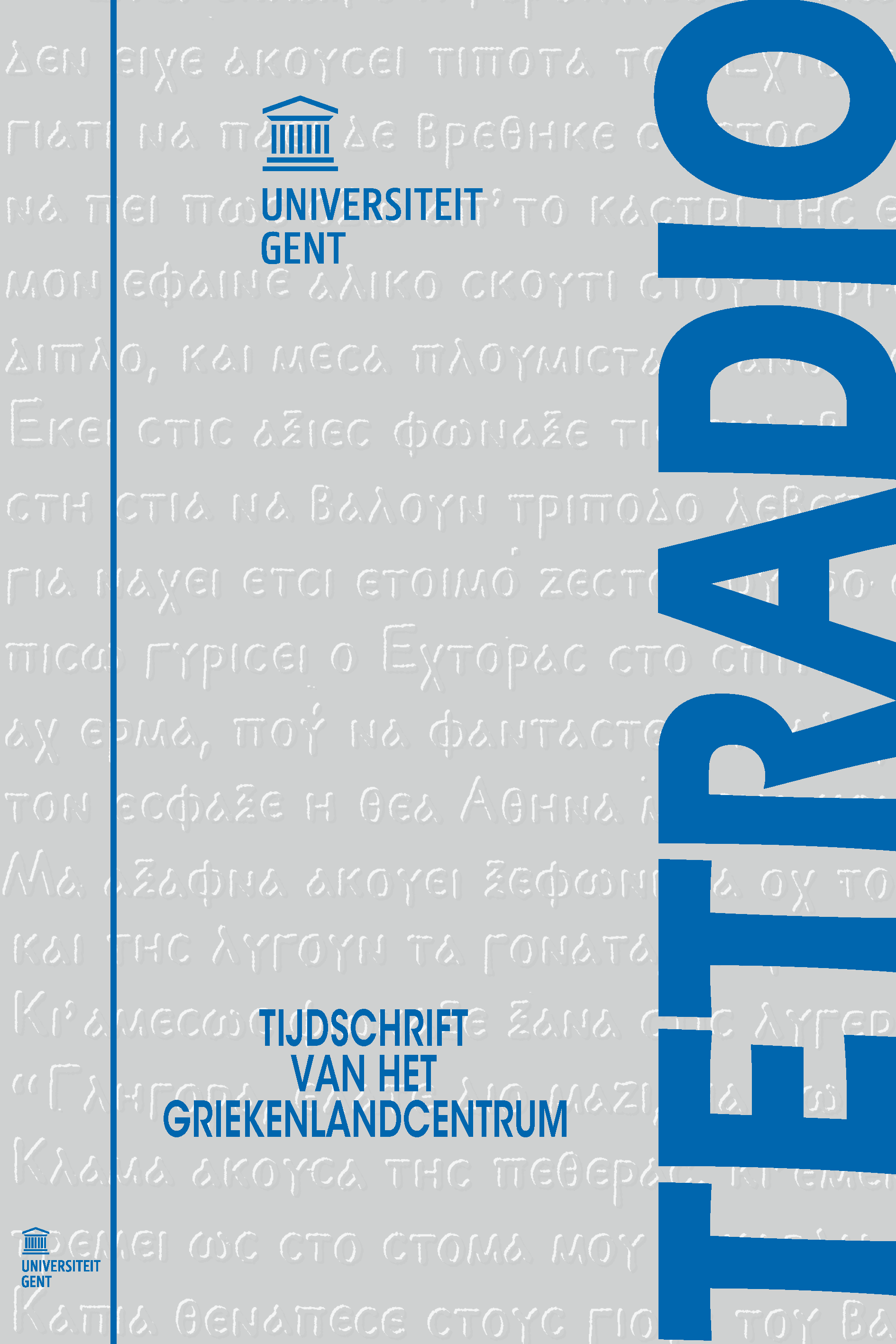Oligarchie, democratie en publieke weldoeners in de antieke stad: Over de oorsprong van de publieke gift in de Grieks-Romeinse wereld
Abstract
In this paper I give a brief overview of the history of elite public generosity (euergetism) in the ancient Greek (and Roman) city. Contrary to what is often maintained, I argue that the practice of public giving did not arise for the first time during the (later) Hellenistic period, but had a history going back to the social and political transformations in the ancient city-states towards the end of the Archaic age. Rather than a side-effect of political oligarchisation in the Hellenistic Greek city, elite public generosity was in fact an original and structural feature of Greek and Roman civic life, crucial to the social and political functioning of the ancient polis or civitas.
How to Cite:
Zuiderhoek, A., (2009) “Oligarchie, democratie en publieke weldoeners in de antieke stad: Over de oorsprong van de publieke gift in de Grieks-Romeinse wereld”, Tetradio 18(1): 4, 89–110. doi: https://doi.org/10.21825/tetradio.91791
Downloads:
Download PDF
View PDF

